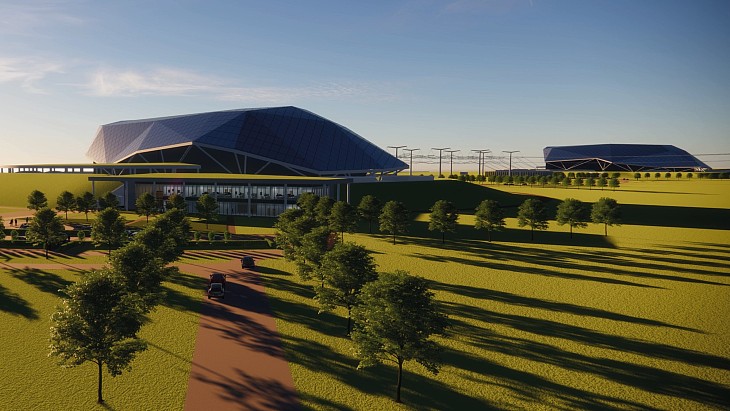A man was killed by police during a march on the Kudankulam nuclear power plant in India on 9 September in the second death connected to a protest movement said to be agitated by foreign activists.
The Times of India said the victim was a 44-year-old fisherman among a group that fought with police when a crowd of 2000 attempted to surround the power plant in Tuticorin. Violence spread in response to the shooting and the crowd fought pitched battles with police, setting fire to local offices and shops. Protests continue in the area.
Kudankulam is a twin VVER-1000 power plant in the process of commissioning to eventually produce 1900 MWe for the state of Tamil Nadu. The development has been subject to prolonged protests that succeeded in forcing AtomStroyExport engineers from the site for over six months. Current activities on site include preparation to load nuclear fuel.
Prime minister Manmohan Singh said in a February interview with Science that the anti-nuclear protests, as well as similar action against bio-technology, were sometimes funded by overseas NGOs, "which are not fully appreciative of the development challenges that our country faces... and don't appreciate the need for our country to increase the energy supply."
As well as Kudankulam, Singh was referring to a protest movement among fisherman in Jaitapur, Maharashtra state, where a new nuclear power plant is proposed with six Areva EPR units. Trouble flared in nearby Sakhri Nate village in April last year when protestors attacked a police station. Firing into the crowd of 600-700, police shot and killed a 30-year-old man.
Researched and written
by World Nuclear News




_19544_40999.jpg)


_66668.jpg)





